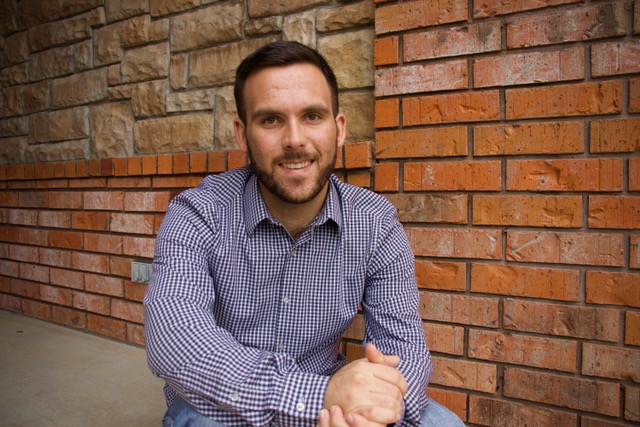The Art of Asking Questions

Editor’s Note: This article was written by Unbound alumnus Jared Lincks. If you are an Unbound student or alumnus who is interested in writing a guest post for the Unbound blog, please reach out to [email protected].
During my early college and high-school years, I was a competitive trapshooter.
It is a form of clay target competition closely related to its more widely known cousin: skeet shooting.
There is a saying in the sport that says, “read your breaks.” This refers to when the target breaks. It will shatter in a few different ways.
The first option is that it will barely break, telling you that you did something wrong. The next possibility is that it will be a reasonably good hit, and you see a slight amount of smoke coming from the target, which means it was good but not great. The last prospect is that you pull the trigger and a deep, dark, black cloud of smoke appears. That’s a perfect shot, you did everything exactly right on that one.
The future of education in your inbox.
Get productivity tips, commentary, and Unbound updates sent to you!
The fundamental key to this is to examine what just happened.
If I knocked the bottom out of a target, I know that I likely either stopped my follow-through too early or slightly raised my head up off the gun. By knowing exactly what happened, I prevent myself from making a mistake in a manner that costs me a target and potentially a championship.
Reading Our Educational “Breaks”
In the same way, students and those pouring into them should seek to learn and ask the right questions in order to improve and advance.
Students are used to handling a wide array of situations, and they’re used to adapting from the norm. However, I have learned that a substantial part of getting better at anything in life is learning to ask good questions.
A student who is successful on an exam should ask themselves what contributed to the success. If students fail a test, then they need to ponder what could have been done better.
When I examine a sermon someone is preaching, I don’t just take what they say at face value, I dig deeper and sift what is spoken through Scripture. If I lose a client in my lawn mowing business, I ask the question, “why did that client switch services?” That way, I can perform with greater skill in the future and increase my customer retention.
Challenging Assumptions
The important aspect to understand here is to ask the right questions at the perfect time.
C.S. Lewis once said, “It is critically important to examine the assumptions within a question.” If someone asks me a question about the Christian worldview, I must also think over what they are assuming in their question and the reason they are asking it of me.
This even applies to us at a more practical level.
In the shooting example, if I assume that the weather conditions are causing me to miss a multitude of targets, then I might not ask the right questions to examine what I am doing wrong myself. However, if I consider the possibility that I am making a mistake, instead of thinking that the conditions are causing me to miss, then I am more likely to examine the issue correctly and make the appropriate adjustment.
What assumptions do you bring to the table when you ask questions of yourself? What assumptions do the students you are close to bring to the table?
When you begin to look at how they can do better in school, do you assume that they have strengths that they do not have, or do you have great clarity that allows you to evaluate students you train without rose-colored glasses?
The Role of Parents and Mentors
Of course, mentors, teachers, and parents can help significantly in guiding a student through this process of asking questions. Providing feedback to students during times of questioning is an awesome opportunity for growth.
One of the best ways I have found to increase my own clarity is to ask those who know me best if they see the same things I do about myself. At times we can all be slightly biased as to the way we can view ourselves as individuals. When training others in a teacher-to-student or parent-to-child relationship I have no doubt this could be a real temptation as well. Therefore, seeing those we train clearly is one of the keys to helping them.
So, encourage your students to pursue feedback from those who know them well and will speak honestly and kindly with the intent to facilitate improvement. You, as their guide, need to focus on evaluating them accurately and giving encouraging feedback as to what they do well and how they can improve.




